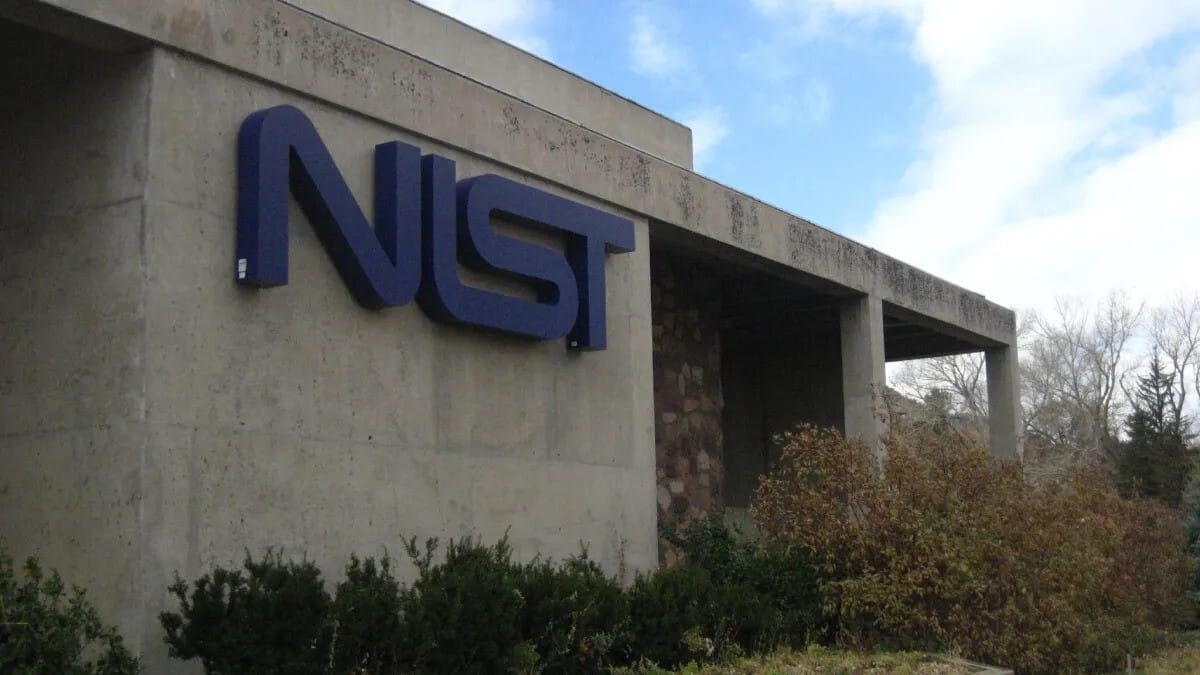- AI Weekly Insights
- Posts
- AI Weekly Insights #27
AI Weekly Insights #27
Policy Pivots, Misinformation Measures, and Coding Conquests
Happy Sunday!
Prepare to dive into the AI ocean with "AI Weekly Insights #27"! We're navigating through the waves, discovering the latest gems in artificial intelligence. This week, we’re spotlighting Microsoft's updated policies, NIST's battle against AI misinformation, and GitHub's latest innovation to turbocharge coding efficiency.
The Insights
For the Week of 04/28/24 - 05/04/24 (P.S. Click the story’s title for more information 😊):
What’s New: Microsoft has updated the terms of service for its Azure OpenAI Service, imposing stricter rules to prevent U.S. police departments from using generative AI for facial recognition.
Updated TOS: The updated policy now explicitly bars any use of Azure OpenAI Service "by or for" police departments for this purpose in the U.S. This move comes in the wake of a product announcement by Axon, known for its tech for law enforcement, which integrates OpenAI's GPT-4 model to process audio from body cameras—raising concerns about potential misuses and biases.
Why It Matters: This proactive stance by Microsoft highlights a growing trend among AI developers to set ethical boundaries, ensuring technology serves society responsibly. It's a strong signal to the industry about prioritizing civil liberties alongside technological advancements.

What's New: The National Institute of Standards and Technology (NIST) unveiled its new initiative, NIST GenAI, designed to evaluate generative AI technologies.
The Initiative: NIST GenAI is set to release benchmarks, develop systems for detecting AI-generated fake content, and foster tools to trace the origins of misleading AI information. The program's first project involves a pilot study to distinguish between human-created and AI-generated media, focusing initially on text. As part of the project, NIST invites contributions from many to participate either as "generators" of AI content or as "discriminators" tasked with identifying AI content.
Why It Matters: With AI-generated misinformation on the rise, the need for reliable detection tools has become increasingly critical. NIST GenAI’s effort to develop and standardize these tools aligns with broader governmental strategies to manage AI's impact, as outlined in President Joe Biden’s recent executive order on AI transparency and regulation. This initiative marks a significant step towards curbing the potential hazards of generative AI.

Image Credits: NIST
What's New: GitHub is expanding its popular AI-powered tool, Copilot, with a new feature called Copilot Workspace, designed to assist developers right from the onset of their coding projects.
Workspace Expansion: Copilot Workspace will integrate directly into GitHub repositories, allowing developers to use natural language prompts to communicate what they want to accomplish in their projects. The system will then suggest how to start and guide developers through a step-by-step coding process. These suggestions can be edited and, once finalized, used to run and complete the code, effectively speeding up the entire development cycle.
Why It Matters: This new extension addresses one of the most common challenges in software development: getting started. By incorporating AI guidance from the start, GitHub aims to shift the focus from reading documentation to actual coding. With Workspace, GitHub is also improving how developers interact with and learn from existing codebases, making the technology a significant step forward in AI-assisted programming.
Your enthusiasm and curiosity drive our exploration through AI's rapidly evolving landscape. I look forward to your insights, questions, and assistance in sharing our discoveries with the AI community.
Until next Sunday, keep exploring and stay engaged!
Warm regards,
- Kharee